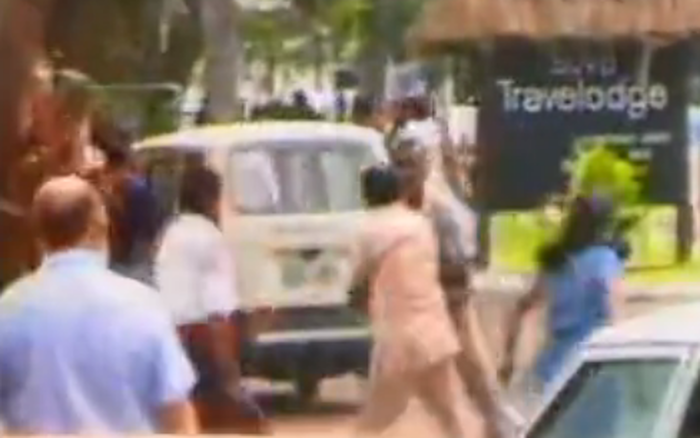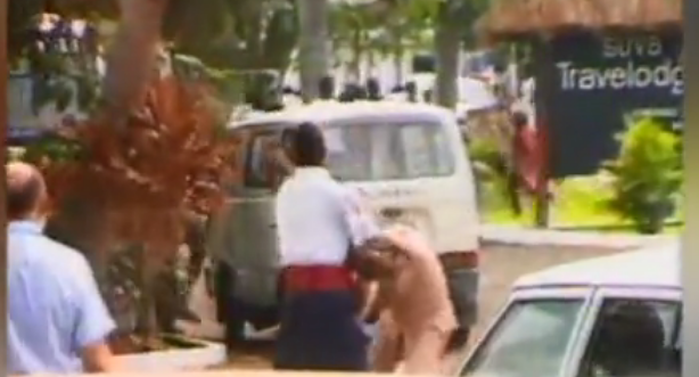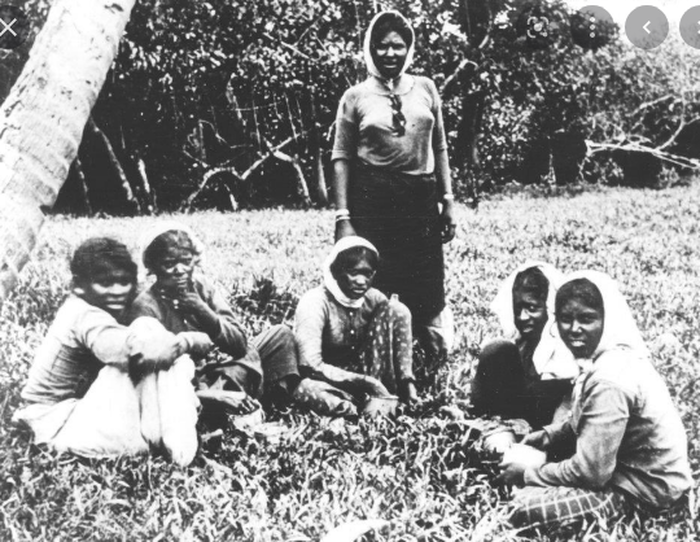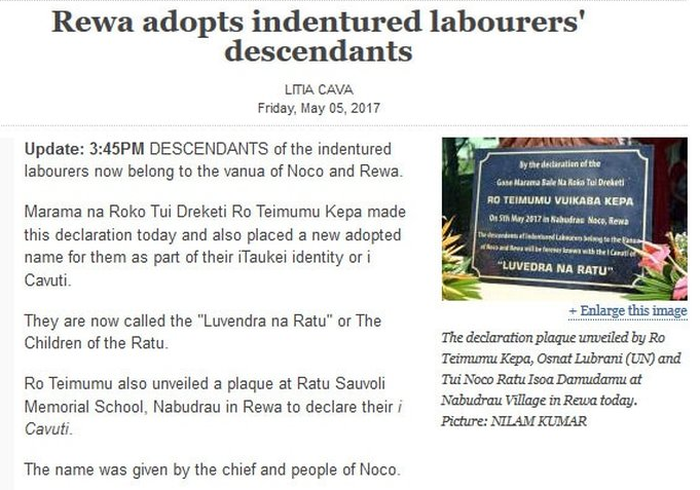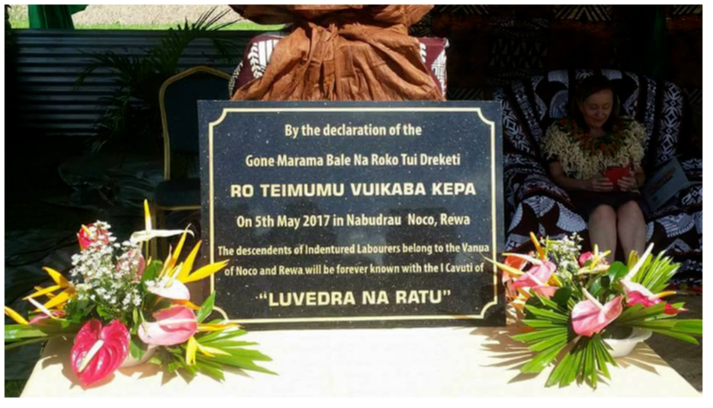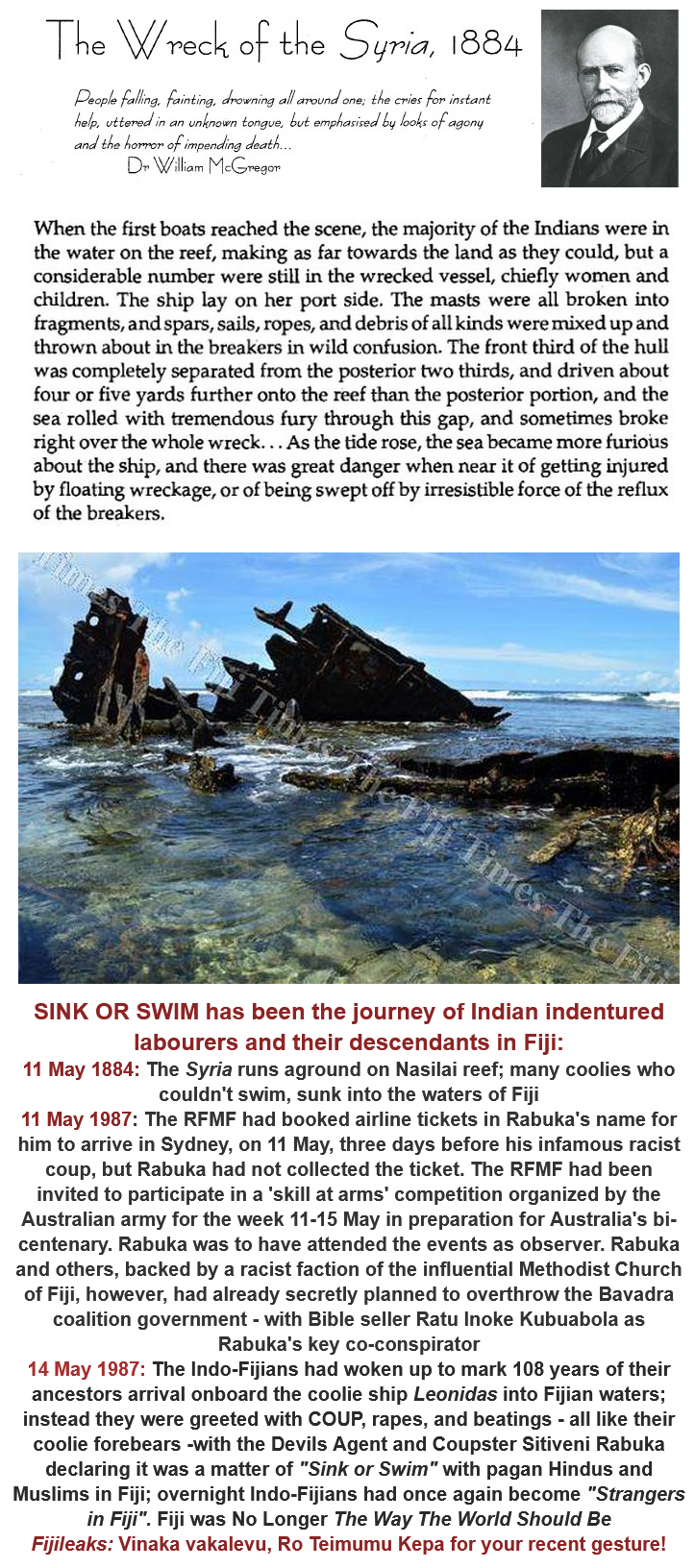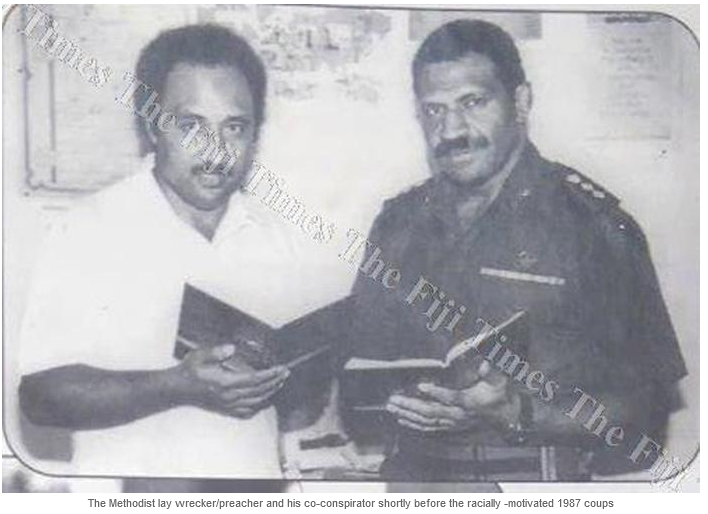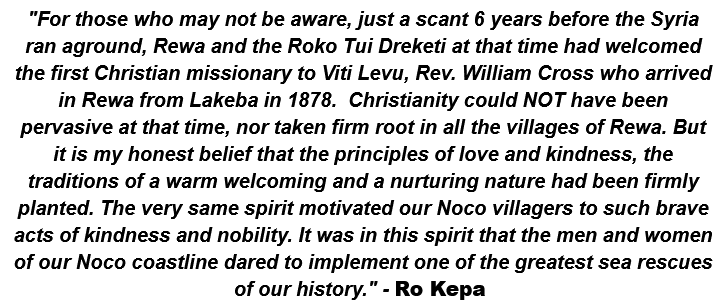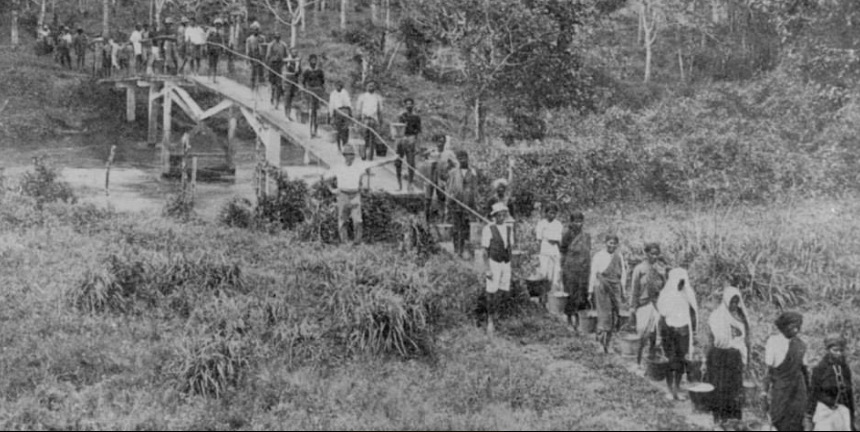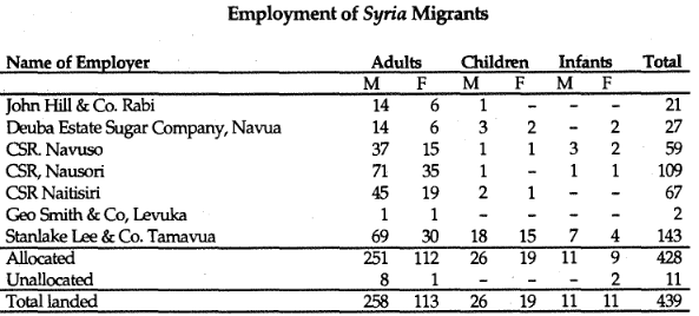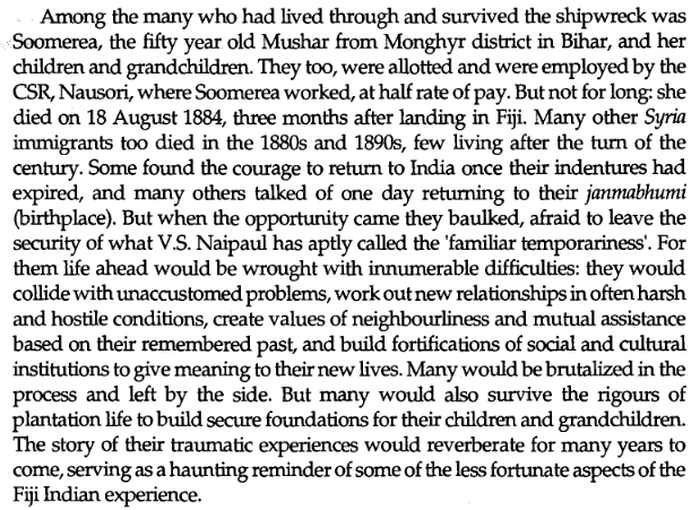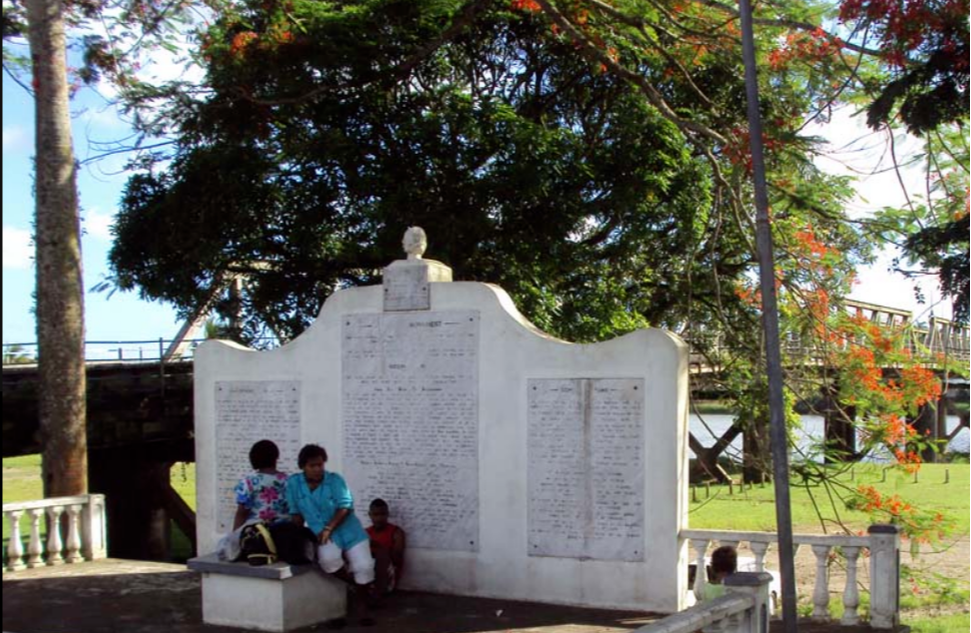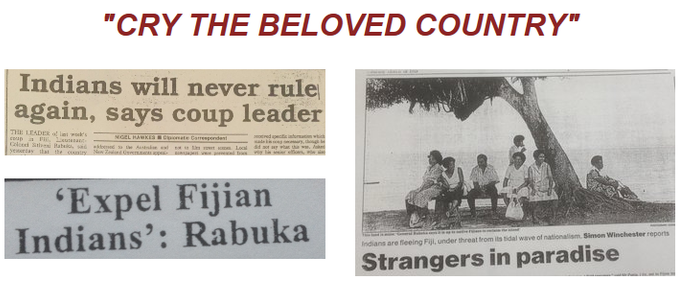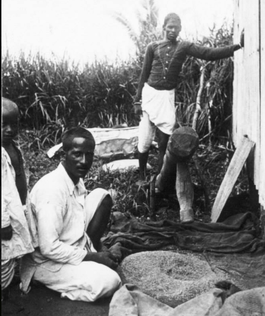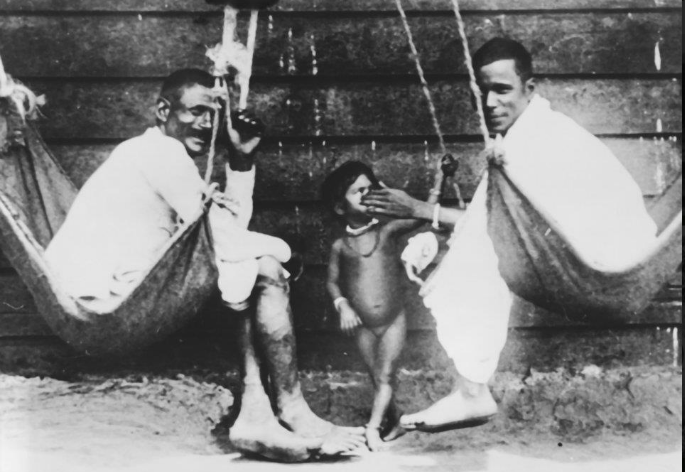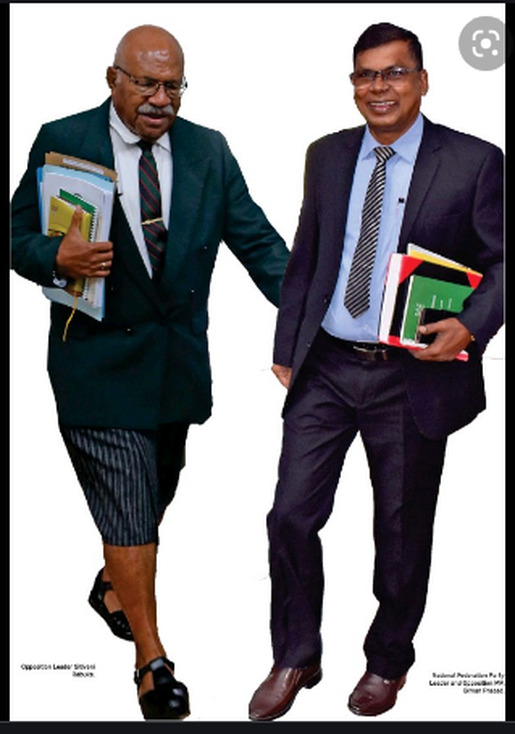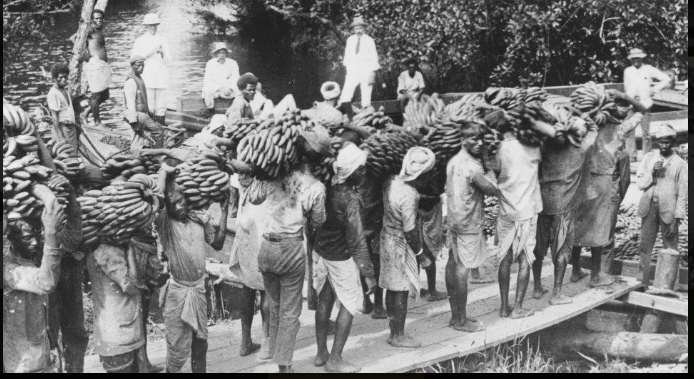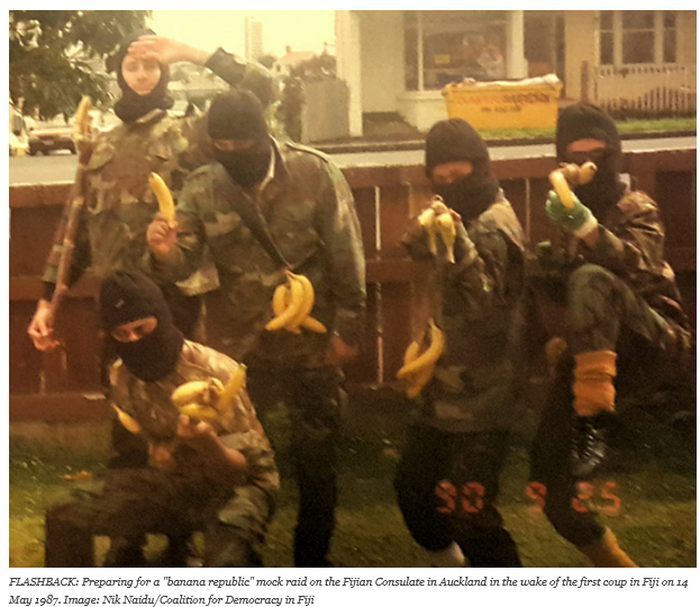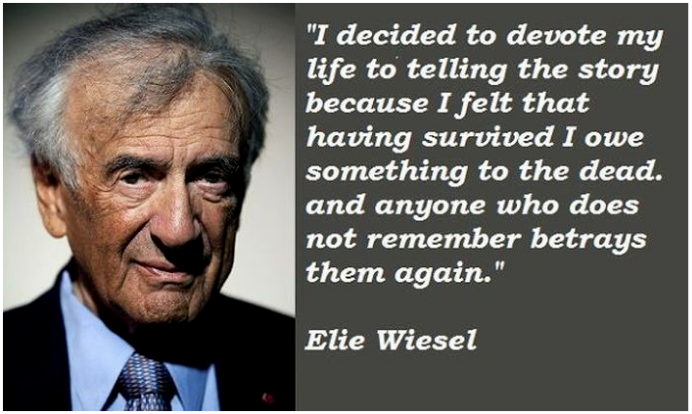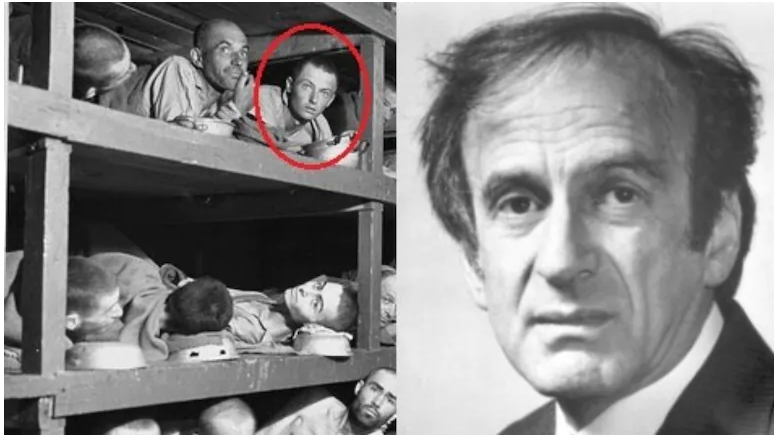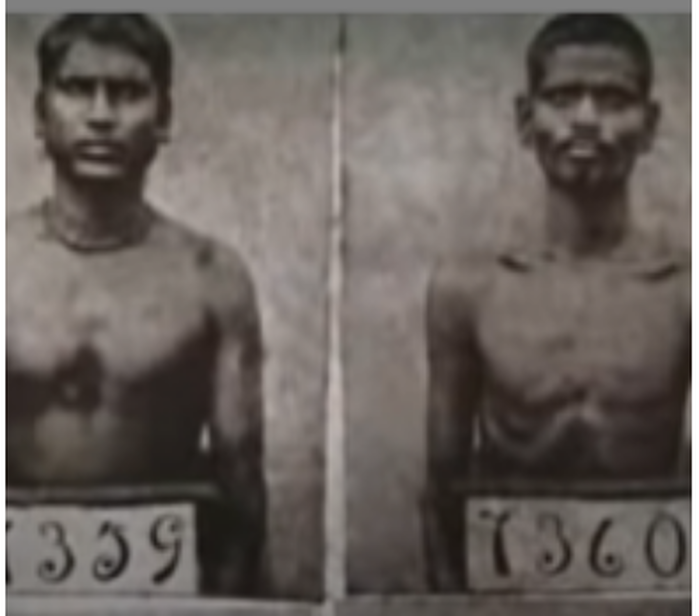Now, Rabuka has revealed that he will be forming a post election coalition government with NFP leader BIMAN PRASAD. He is dreaming. The shocking images aired by FBC TV of these violent scenes will send shivers down the spines of old and new generation of Indo-Fijian voters. This Prasad chap and his TWO MPs will be out of Parliament. At least, whatever Bainimarama's crimes (and there are too many to cite that we have revealed in Fijileaks), he gave back Indo-Fijians SECURITY in the land where their forefathers came under harsh slave conditions. As we know, thousands upon thousands were chased out or fled Fiji after the 1987 Rabuka Coups, for they "smelled differently". Many under the Bainimarama government are now allowed to hold Dual Citizenships and if they choose to, can legally call themselves Fijians. He banished the bogus "Tagi ni i-Taukei" nonsense that was started by Rabuka in 1987.
For 35 years he has been hiding behind IMMUNITY and has the audacity to lecture the FijiFirst Party and SODELPA which he liu muried and
ran away to form his own People's Aliance Party.
These two pictures (above and below) reveal the real SITIVENI RABUKA
Ro Kepa's Speech:
One hundred and thirty two years ago, Sunday May 11th, 1884 on a dark Sunday night when the surf and waves raged over Nasilai reef, at about 8.30 pm, the sailing ship Syria, ran aground.
It is reported the arduous sea journey lasted only 58 days, two weeks earlier than scheduled because of the route they chose. But even 2 months in cramped conditions on the high seas must have been an ordeal for the indentured labourers packed aboard.
Now 132 years later, we the people of Rewa welcome this special delegation of the descendants of survivors of the Syria to Rewa Day, to re-establish and renew old ties.
One hundred and thirty two years ago, Sunday May 11th, 1884 on a dark Sunday night when the surf and waves raged over Nasilai reef, at about 8.30 pm, the sailing ship Syria, ran aground.
It is reported the arduous sea journey lasted only 58 days, two weeks earlier than scheduled because of the route they chose. But even 2 months in cramped conditions on the high seas must have been an ordeal for the indentured labourers packed aboard.
Now 132 years later, we the people of Rewa welcome this special delegation of the descendants of survivors of the Syria to Rewa Day, to re-establish and renew old ties.
I am well aware of other accounts telling of other villages and locations responsible for the rescue of the Syria survivors.
Nevertheless I commend you, the advance party of this historical delegation, for doing your due diligence, because in Rewa, we can point to the village of Naivilaca, in the Tikina of Noco and say, with honour and respect, that piece of land is known as Waiwai and victims of the Syria are buried here in single graves.
However, it is not the historical details nor the political implications of the indentured labour system, I want to talk about today.
What I want to dwell on are the principles human decency and the milk of human kindness based on the foundation of God’s love for all mankind.
For those who may not be aware, just a scant 6 years before the Syria ran aground, Rewa and the Roko Tui Dreketi at that time had welcomed the first Christian missionary to Viti Levu, Rev. William Cross who arrived in Rewa from Lakeba in 1878.
Christianity could NOT have been pervasive at that time, nor taken firm root in all the villages of Rewa.
But it is my honest belief that the principles of love and kindness, the traditions of a warm welcoming and a nurturing nature had been firmly planted. The very same spirit motivated our Noco villagers to such brave acts of kindness and nobility.
It was in this spirit that the men and women of our Noco coastline dared to implement one of the greatest sea rescues of our history.
Though they must have been bewildered and confused by the exotic new arrivals, of another race and language, the people of Noco girded their loins and raced out to the Nasilai reef in their canoes, to pull survivors to shore.
Stories passed down to us from our forefathers, tell of our defiance of the instructions of Colonial powers to bury the dead in a mass grave and instead honoured each one by digging individual graves.
The stories tell of the healthier of the survivors walking to Suva, after they had recovered sufficiently.
Stories also tell of the weaker survivors remaining in Noco for months, and after they had been healed and were fully recovered, also undertook the overland march to Suva.
From the Noco coastline to Suva Harbour, because some were still weak and quickly overcome by fatigue, our forefathers say, they had to sleep in a few villages overnight.
And whether it was a Rewa or Naitasiri village, they were given protection, food and drink and escorted in relay fashion to the next village until they reached the offices of the Colonial administrators in Suva.
When this day is over, I would like to ask each and everyone one of us here to take away the spirit of love and mutual respect that governed what must have been one of the first interactions between our races.
Had we possessed the wisdom and foresight to ensure the history of this interaction as the guiding light and hallmark of all future relations between our people, Fiji would be the envy of the world and indeed be the Fiji in the old television advertisement, of the way the world should be.
It was not my intention to speak at length, so I take my leave by assuring you all that my door and the province of Rewa is always open to you, should you ever again need shelter from the roaring seas of modern life.
Nevertheless I commend you, the advance party of this historical delegation, for doing your due diligence, because in Rewa, we can point to the village of Naivilaca, in the Tikina of Noco and say, with honour and respect, that piece of land is known as Waiwai and victims of the Syria are buried here in single graves.
However, it is not the historical details nor the political implications of the indentured labour system, I want to talk about today.
What I want to dwell on are the principles human decency and the milk of human kindness based on the foundation of God’s love for all mankind.
For those who may not be aware, just a scant 6 years before the Syria ran aground, Rewa and the Roko Tui Dreketi at that time had welcomed the first Christian missionary to Viti Levu, Rev. William Cross who arrived in Rewa from Lakeba in 1878.
Christianity could NOT have been pervasive at that time, nor taken firm root in all the villages of Rewa.
But it is my honest belief that the principles of love and kindness, the traditions of a warm welcoming and a nurturing nature had been firmly planted. The very same spirit motivated our Noco villagers to such brave acts of kindness and nobility.
It was in this spirit that the men and women of our Noco coastline dared to implement one of the greatest sea rescues of our history.
Though they must have been bewildered and confused by the exotic new arrivals, of another race and language, the people of Noco girded their loins and raced out to the Nasilai reef in their canoes, to pull survivors to shore.
Stories passed down to us from our forefathers, tell of our defiance of the instructions of Colonial powers to bury the dead in a mass grave and instead honoured each one by digging individual graves.
The stories tell of the healthier of the survivors walking to Suva, after they had recovered sufficiently.
Stories also tell of the weaker survivors remaining in Noco for months, and after they had been healed and were fully recovered, also undertook the overland march to Suva.
From the Noco coastline to Suva Harbour, because some were still weak and quickly overcome by fatigue, our forefathers say, they had to sleep in a few villages overnight.
And whether it was a Rewa or Naitasiri village, they were given protection, food and drink and escorted in relay fashion to the next village until they reached the offices of the Colonial administrators in Suva.
When this day is over, I would like to ask each and everyone one of us here to take away the spirit of love and mutual respect that governed what must have been one of the first interactions between our races.
Had we possessed the wisdom and foresight to ensure the history of this interaction as the guiding light and hallmark of all future relations between our people, Fiji would be the envy of the world and indeed be the Fiji in the old television advertisement, of the way the world should be.
It was not my intention to speak at length, so I take my leave by assuring you all that my door and the province of Rewa is always open to you, should you ever again need shelter from the roaring seas of modern life.
